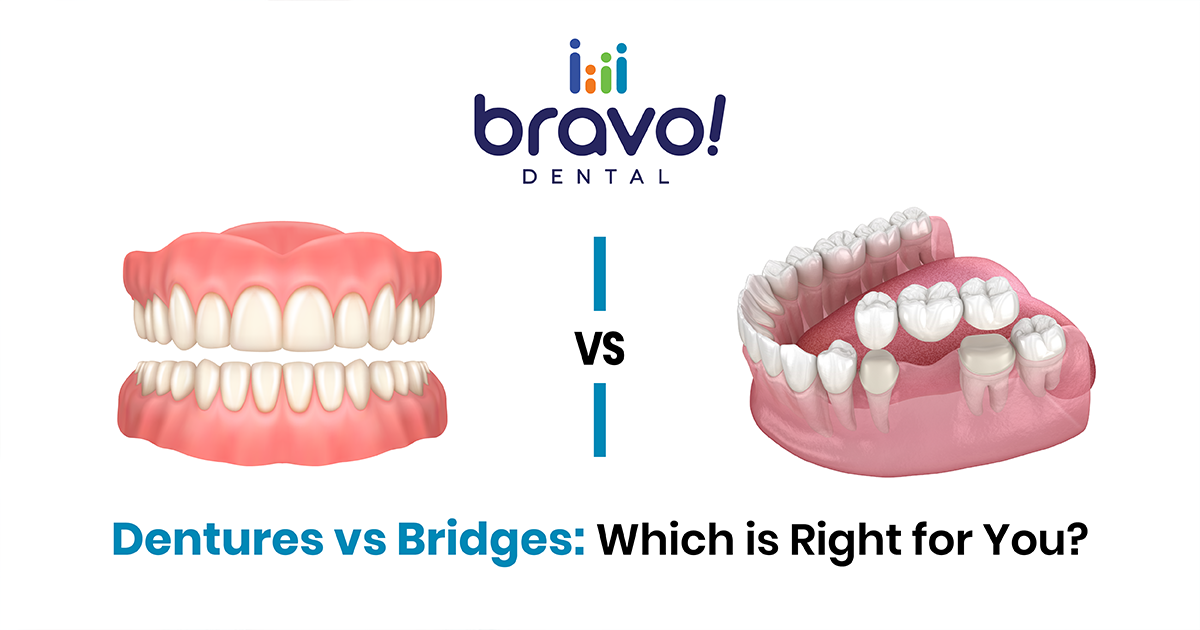
Taking good care of your teeth and overall oral health is a daily commitment. The best way to prevent cavities is to brush and floss. However, cleaning every inch of your teeth is hard, especially those back teeth you use to chew (molars). These molars are rough and uneven, a perfect place for cavity-causing bacteria to hide. That’s why dental sealants are an alternative treatment that helps keep teeth clean.
Dental sealants consist of thin plastic coatings that are placed on the biting surfaces of teeth, often the back teeth (the premolars and molars) to prevent teeth from cavities. The sealant instantly forms a protective barrier over each tooth’s enamel by bonding to the depressions and grooves of the teeth.
Who can have sealants?
Anyone with permanent teeth and premolars can consider sealants. The deep grooves and depressions on the back teeth are quite likely to cause decay and cavities. Sealants are therefore advised for teenagers and kids. Dental sealants could also be helpful for adults who were fortunate enough to grow up without developing dental problems that affected their molars. Children can have sealants as soon as the premolars, and permanent molars spring up. Rarely, children under the age of six may require dental sealants. A dentist may suggest using sealants if they see that a child’s teeth have deep grooves and depressions.
When can dental sealants be used?
Once the molars erupt, dental sealants are routinely applied to children and teenagers because they offer potent protection against tooth decay.
How are sealants applied?
The technique of applying sealant is easy and painless. Your dentist can apply the sealant to each tooth in just a few minutes. The steps for applying are as follows:
- The teeth are first meticulously cleansed.
- Then, each tooth is dried.
- An acid solution is applied to them to make the chewing surfaces of the teeth rougher so that the sealant would adhere to them.
- After rinsing, the teeth are dried.
- After being painted onto the tooth enamel, the sealant hardens, chemically bonding to the tooth.
- The sealant can occasionally be hardened with a specialized curing lamp.
Are there any side effects to dental sealants?
Dental sealants have no side effects, and allergic reactions are rare. However, let the dentist know if you have any allergies so they can proceed with caution.
How long can sealants last?
During your routine dental visit, find out if sealants need to be reapplied. Sealants can protect your teeth from cavities and last from a few months to 10 years.
Even after placing dental sealants, you must continue to brush and floss your teeth as usual. This helps in defending the surfaces where the sealants aren’t applied. Since dental sealants are only preventative procedures, good dental hygiene standards should be followed. We ensure that you have a beautiful and healthy smile while helping to prevent cavities in your teeth. So, make an appointment right away with our experts at Bravo! Dental for a smile free of cavities.
happy to hear from you, contact us
Fill out the contact form below and Feel free to send any question or query.




